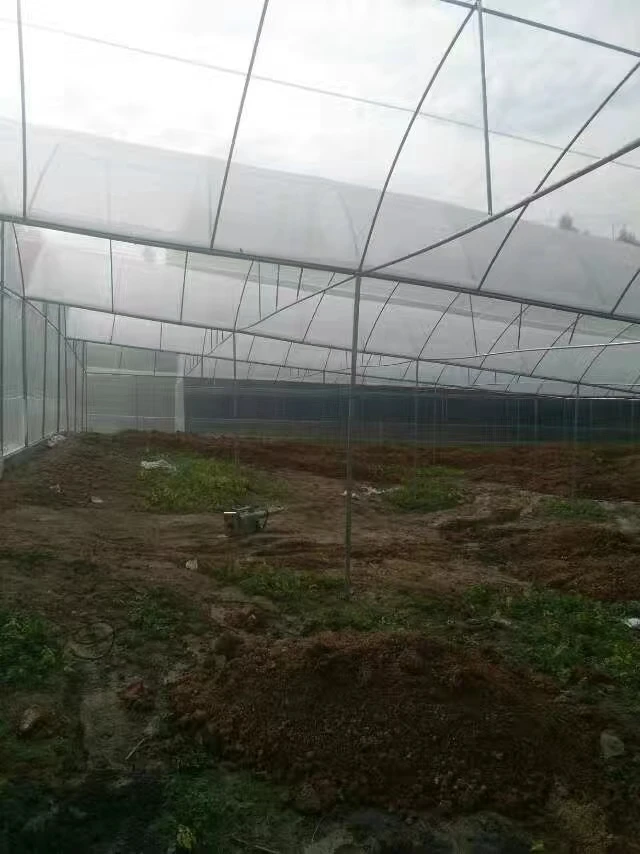-
 Afrikaans
Afrikaans -
 Albanian
Albanian -
 Amharic
Amharic -
 Arabic
Arabic -
 Armenian
Armenian -
 Azerbaijani
Azerbaijani -
 Basque
Basque -
 Belarusian
Belarusian -
 Bengali
Bengali -
 Bosnian
Bosnian -
 Bulgarian
Bulgarian -
 Catalan
Catalan -
 Cebuano
Cebuano -
 China
China -
 Corsican
Corsican -
 Croatian
Croatian -
 Czech
Czech -
 Danish
Danish -
 Dutch
Dutch -
 English
English -
 Esperanto
Esperanto -
 Estonian
Estonian -
 Finnish
Finnish -
 French
French -
 Frisian
Frisian -
 Galician
Galician -
 Georgian
Georgian -
 German
German -
 Greek
Greek -
 Gujarati
Gujarati -
 Haitian Creole
Haitian Creole -
 hausa
hausa -
 hawaiian
hawaiian -
 Hebrew
Hebrew -
 Hindi
Hindi -
 Miao
Miao -
 Hungarian
Hungarian -
 Icelandic
Icelandic -
 igbo
igbo -
 Indonesian
Indonesian -
 irish
irish -
 Italian
Italian -
 Japanese
Japanese -
 Javanese
Javanese -
 Kannada
Kannada -
 kazakh
kazakh -
 Khmer
Khmer -
 Rwandese
Rwandese -
 Korean
Korean -
 Kurdish
Kurdish -
 Kyrgyz
Kyrgyz -
 Lao
Lao -
 Latin
Latin -
 Latvian
Latvian -
 Lithuanian
Lithuanian -
 Luxembourgish
Luxembourgish -
 Macedonian
Macedonian -
 Malgashi
Malgashi -
 Malay
Malay -
 Malayalam
Malayalam -
 Maltese
Maltese -
 Maori
Maori -
 Marathi
Marathi -
 Mongolian
Mongolian -
 Myanmar
Myanmar -
 Nepali
Nepali -
 Norwegian
Norwegian -
 Norwegian
Norwegian -
 Occitan
Occitan -
 Pashto
Pashto -
 Persian
Persian -
 Polish
Polish -
 Portuguese
Portuguese -
 Punjabi
Punjabi -
 Romanian
Romanian -
 Russian
Russian -
 Samoan
Samoan -
 Scottish Gaelic
Scottish Gaelic -
 Serbian
Serbian -
 Sesotho
Sesotho -
 Shona
Shona -
 Sindhi
Sindhi -
 Sinhala
Sinhala -
 Slovak
Slovak -
 Slovenian
Slovenian -
 Somali
Somali -
 Spanish
Spanish -
 Sundanese
Sundanese -
 Swahili
Swahili -
 Swedish
Swedish -
 Tagalog
Tagalog -
 Tajik
Tajik -
 Tamil
Tamil -
 Tatar
Tatar -
 Telugu
Telugu -
 Thai
Thai -
 Turkish
Turkish -
 Turkmen
Turkmen -
 Ukrainian
Ukrainian -
 Urdu
Urdu -
 Uighur
Uighur -
 Uzbek
Uzbek -
 Vietnamese
Vietnamese -
 Welsh
Welsh -
 Bantu
Bantu -
 Yiddish
Yiddish -
 Yoruba
Yoruba -
 Zulu
Zulu
Durable IBC Bags for Efficient Bulk Handling and Transportation Solutions
The Versatility of IBC Bags A Comprehensive Overview
Intermediate Bulk Containers (IBCs), commonly referred to as IBC bags, have revolutionized the storage and transportation of bulk materials across various industries. Designed for efficiency and durability, these containers are particularly advantageous for handling liquids, granulated substances, and powders. In this article, we will explore the versatility, applications, and benefits of IBC bags.
Design and Structure
IBCs are typically constructed from high-density polyethylene (HDPE) or metal, providing them with exceptional strength and resistance to a variety of chemicals. The standard IBC size generally holds around 1,000 liters (about 264 gallons), making it ideal for large-scale storage and transport. The inner container is often surrounded by a robust frame made of tubular steel, which adds extra protection and makes it easier to handle with forklifts and pallet jacks.
One of the most notable features of IBC bags is their stackability. When stored empty, they can be nested efficiently to save space, leading to significant reductions in transportation costs. This characteristic is particularly beneficial for companies seeking to streamline their supply chain operations and minimize storage needs.
.
IBCs are utilized in a wide range of industries including food and beverage, pharmaceuticals, chemicals, and agriculture. Their design allows for the safe storage of various liquids such as oils, solvents, and even hazardous materials. In the food and beverage industry, IBCs are often used to store ingredients, ensuring that they remain uncontaminated until final use.
ibc bags

In the chemical sector, IBC bags play a crucial role in handling toxic substances. The robust materials used in their construction provide a barrier against leaks and spills, ensuring compliance with safety regulations. For agricultural purposes, IBCs are frequently employed to store fertilizers and pesticides, providing farmers with an efficient solution for bulk storage.
Environmental Considerations
Another significant advantage of IBC bags is their capacity for reuse and recycling. Many companies now opt for reusable IBCs, which can drastically reduce waste associated with single-use containers. This shift towards sustainability helps organizations not only lower their environmental impact but also cut costs related to procurement and disposal.
Additionally, manufacturers are increasingly focusing on developing eco-friendly IBCs made from recycled materials. These innovations align with global efforts towards sustainability and can greatly enhance a brand’s reputation in the market.
Conclusion
The versatility and reliability of IBC bags make them an indispensable tool in various industrial applications. Their robust design, ability to handle different types of materials, and space-saving features contribute to their popularity among businesses globally. As industries continue to prioritize sustainability, the demand for reusable and recyclable IBC options will likely grow, signaling a positive trend towards environmentally-friendly practices.
In summary, whether you're in the food industry needing efficient storage for liquid ingredients, or in chemicals looking to safely transport hazardous materials, IBC bags provide an excellent solution. Their adaptability and focus on safety and sustainability make them not just a container, but a strategic asset in modern supply chain management. As businesses evolve, the role of IBC bags will undoubtedly become even more prominent, paving the way for innovations in bulk material handling.
-
Shipping Plastic Bags for Every NeedNewsJul.24,2025
-
Safety Netting: Your Shield in ConstructionNewsJul.24,2025
-
Plastic Mesh Netting for Everyday UseNewsJul.24,2025
-
Nylon Netting for Every UseNewsJul.24,2025
-
Mesh Breeder Box for Fish TanksNewsJul.24,2025
-
Expanded Steel Mesh Offers Durable VersatilityNewsJul.24,2025











